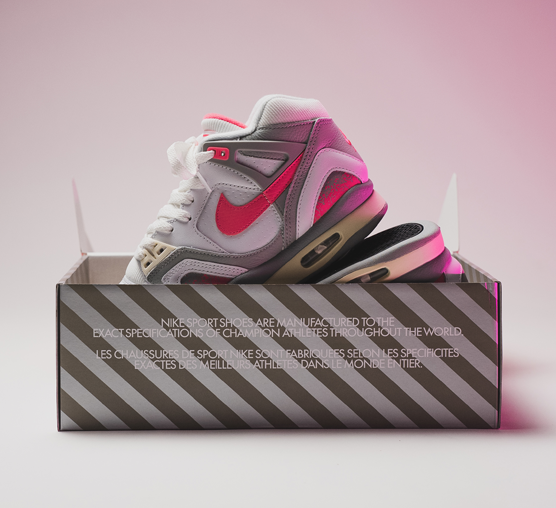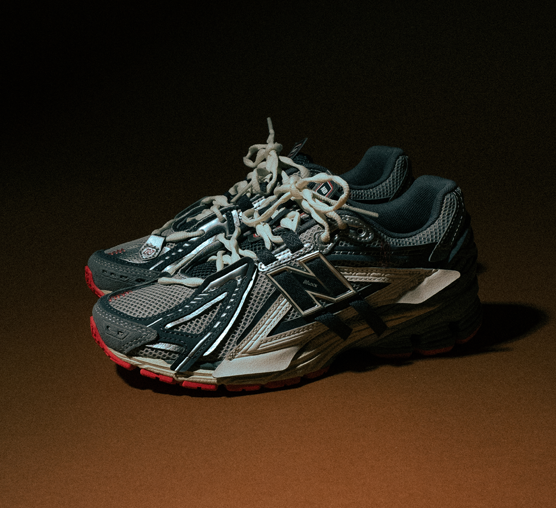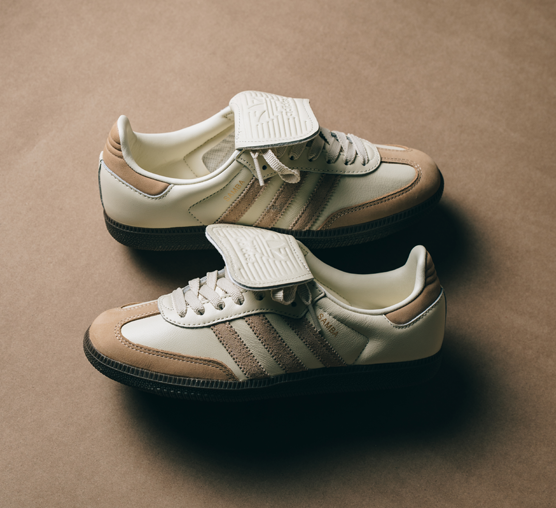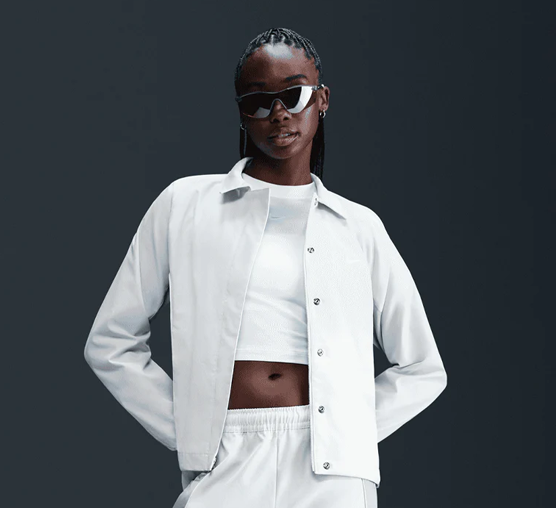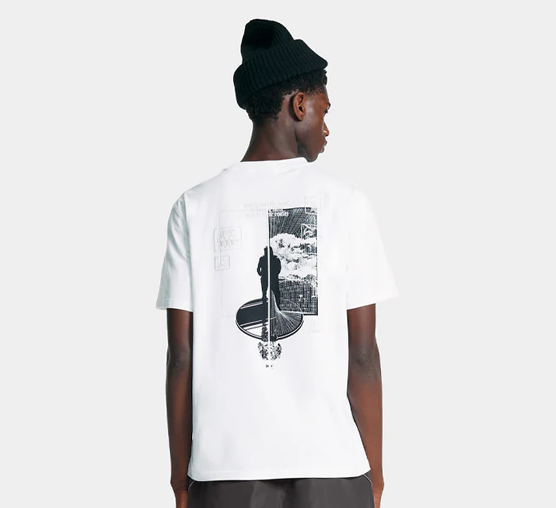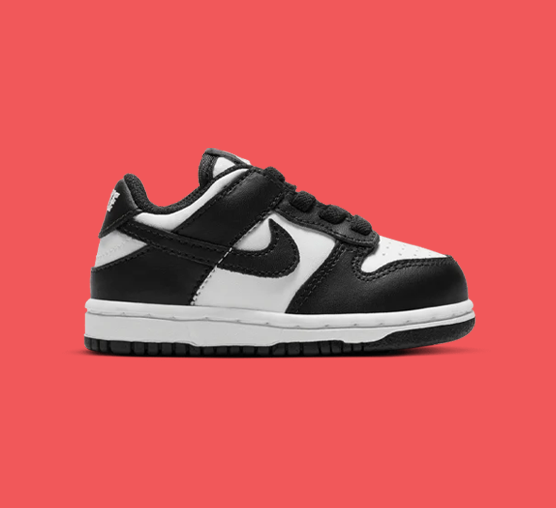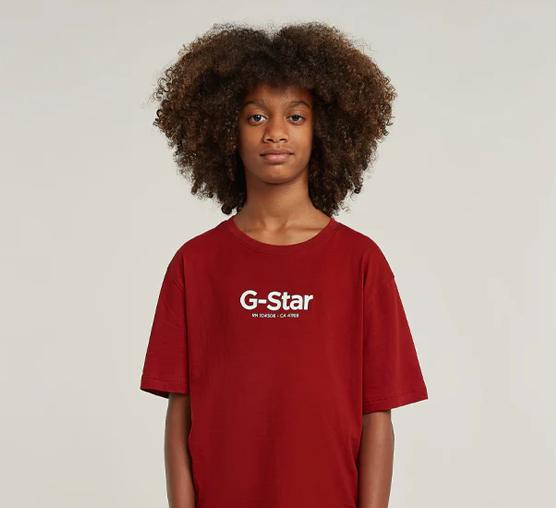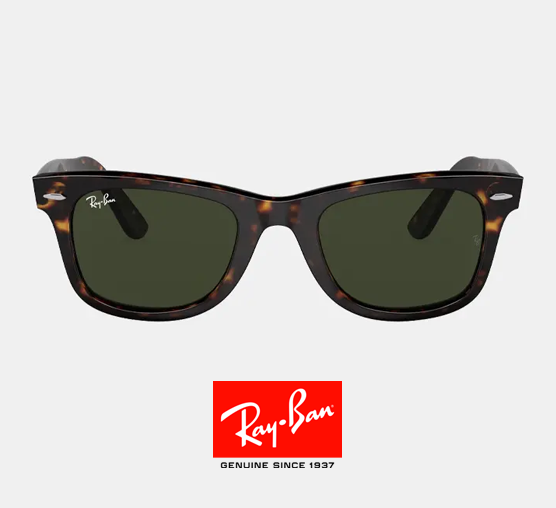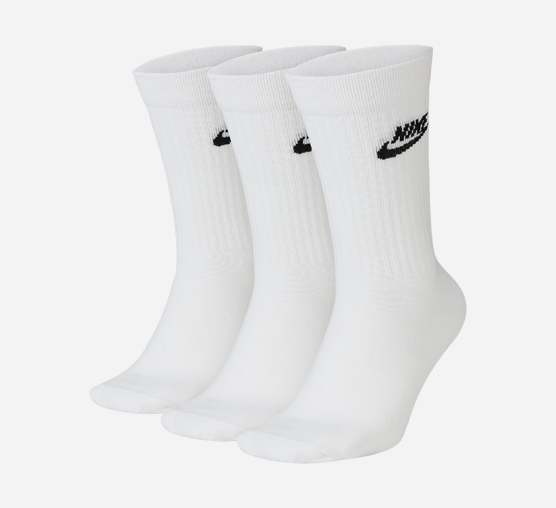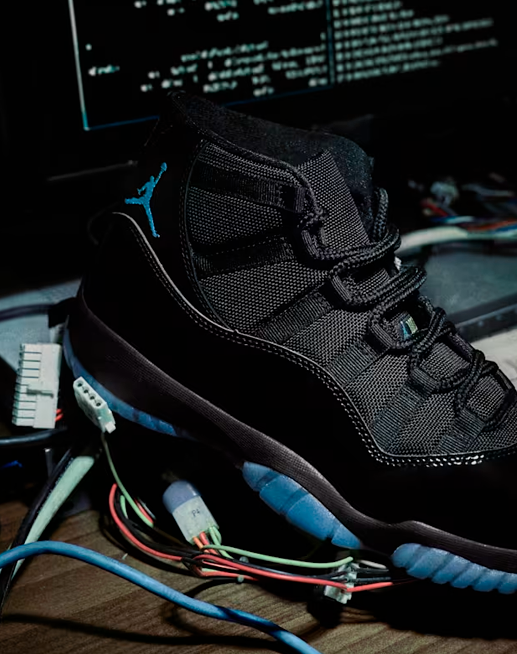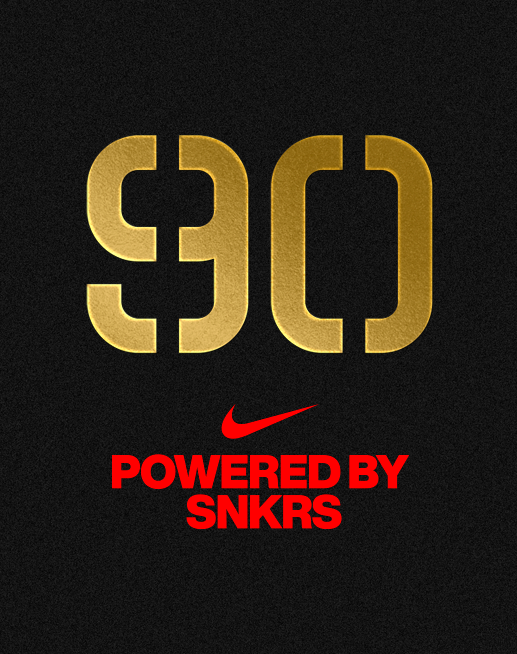Obscure Archives has become a way to showcase some of the incredible work that our community is doing - and this past Stockroom Show on the 3rd of March, we welcomed one of our frequent vendors, designer Naeelah Jumat of Socioculture, into the exhibition room. Socioculture is a unisex streetwear brand born out of Naeelah’s desire to explore how she could play with bolder colours and silhouettes within the realm of streetwear principles.
Being a graduate of CTCFD (Cape Town College of Fashion Design), Socioculture began as Naeelah’s graduate project - in which she was tasked with conceptualizing a viable brand that encompassed all she had learned, while being totally true to her vision as a designer in Cape Town. In an industry, or world at large, in which many choose the fashion school pathway - few are able to see through their initial ideas of running a brand - and while this is necessary, as the industry needs many people doing various things, it’s always exciting to see a designer like Naeelah succeed doing what she loves, and what she studied towards. After school, Naeelah worked as a stylist - but eventually found her way back to the sewing machine, realizing that her passion truly lay in the process of pattern-making and garment construction.
Sewing runs in Naeelah’s veins, so much so that she sews every garment that arises out of Socioculture herself - no production team, or outsourcing - on this, she says ‘’My mother used to work at the industrial factories in Woodstock, which are now abandoned, and she did that for about 30 years. My sister does CMT work for some amazing local designers, so between them I have received some incredible guidance on what it means to sew professionally, and create garments that are of the standard expected across production. My mom is probably the only person, other than myself, who I trust to help out with any Socioculture pieces - and I love that my own career path reflects the journey of the women around me.”
We tend to think of streetwear as being masculine-oriented, but Naeelah’s story exemplifies that streetwear should function as it was intended; clothing that reflects real people, across real communities, of all genders, sharing the skills and creativity that make the world go around.
“I left styling after I felt I had gained enough insight into that side of the fashion industry. I was longing to make things - to use my hands and get my ideas into the world - and I took the risk. I built my little studio at home, and my mom still had her machine, and I really dove into bringing Socioculture from a graduate project into a full-fledged business. Lock-down was hard for all of us, but as a designer I found it to be a golden opportunity to work on myself as a designer. I had things I wanted to improve, and to establish who my market and audience would be. I really took that time to research - everything from the patterns I thought would be good to launch with, to setting up the brand identity. Usually everything works in quite a rushed cycle, but that time allowed for Socioculture to sort of be incubated.”
Naeelah reflects on the beginnings of Socioculture as it stands today - and her showcase at The Stockroom Show was an ode to this journey. On display was a beautiful sewing machine, a nod to her intimate relationship to every garment she makes - along with her graduation portfolio, and rails with exciting new pieces emblazoned with the bubble monogram of Socioculture. The showstopper had to be the neon yellow tulle dress - incredibly crafted, with ruffles and pleats. These elements woven with the brand’s signature hoodies and T-shirts are testament to the importance of femme-power in streetwear - that tulle exists alongside cotton, with sneakers on plinths too. There are no rules.
In terms of Naeelah’s use of colour and silhouette, she says; “I love baggy silhouettes, and gravitate towards menswear. I see that in a lot of women at the moment - but we still want that edge, you know? That feminine essence! I love colourful fabrics and prints, and I love the challenge - for example when Socioculture came out with the brown tones, it was a risk. Brown is a difficult colour for people to gravitate towards, but that drop did really well - it had the Socioculture spin on it, and it motivated me to see that I can take risk and my community will support it.”
Curiously, Naeelah tends to work differently than the method taught in fashion school - which generally goes, mood board > sketch > draft pattern > mock garment > final - but Socioculture is not linear as Naeelah explains,
“I cannot sketch for the life of me! So I work backwards. I start in the fabric stores - that is where the magic happens for me - the colours and textures are so inspiring. I find the central fabric for the statement piece, and then I work around that. I think design is taught one way, but really it’s an intuitive process. As long as you are producing something that is meaningful, and it’s well made, the process can be whatever you want to be.”
Socioculture is a home for everyone - and really is a handmade, local brand in the truest sense of the meaning - this is what makes Obscure Archives come alive each month; we get to see behind the scenes of the unbridled creativity in our city, and for that we remain ever-grateful.




